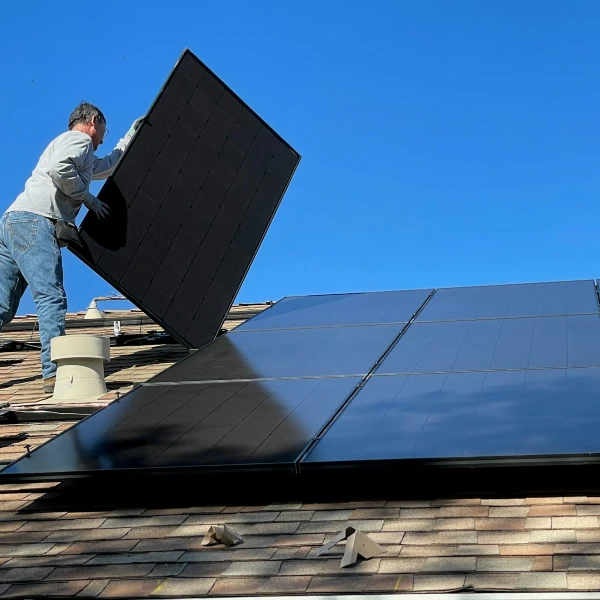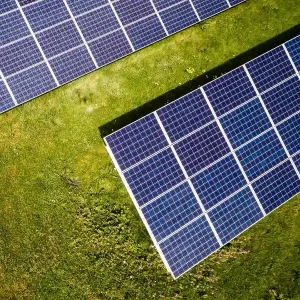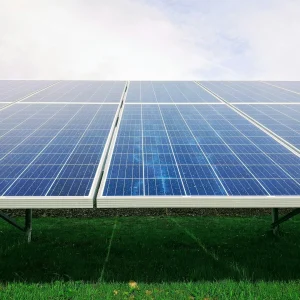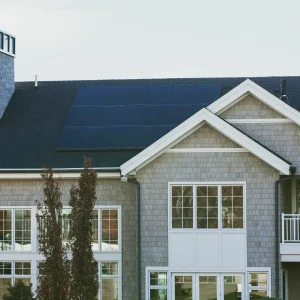In today’s world, where sustainability is becoming increasingly important, residential solar panels offer a dual advantage: they help reduce your carbon footprint while also saving you money on your electricity bills. In this comprehensive guide, we’ll delve into how solar energy can significantly impact your finances and why investing in solar panels for your home is a smart choice.
Understanding the Basics of Solar Energy
Before we dive into the financial benefits, let’s take a moment to understand how solar energy works. Solar panels, also known as photovoltaic (PV) panels, capture sunlight and convert it into electricity through the photovoltaic effect. This electricity can then be used to power your home, reducing your reliance on traditional grid electricity.
The Financial Benefits of Residential Solar Panels
1. Lower Electricity Bills
One of the most significant advantages of installing residential solar panels is the potential for substantial savings on your electricity bills. By generating your own electricity from sunlight, you can significantly reduce or even eliminate your reliance on grid power, leading to lower monthly bills.
2. Return on Investment (ROI)
While the upfront cost of installing solar panels can seem daunting, it’s essential to consider the long-term savings they offer. In many cases, homeowners see a return on their investment within a few years, thanks to reduced electricity bills and potential incentives such as tax credits and rebates.
3. Protection Against Rising Energy Costs
Traditional energy costs have a tendency to fluctuate, often increasing over time due to various factors such as inflation and resource scarcity. By generating your own electricity with solar panels, you can shield yourself from these rising costs and enjoy greater stability in your energy expenses.
Factors Influencing Solar Panel Savings
1. Solar Panel Efficiency
The efficiency of solar panels plays a crucial role in determining the amount of electricity they can generate. Higher efficiency panels may have a higher upfront cost but can ultimately lead to greater savings over their lifespan by producing more electricity.
2. Local Solar Incentives
Many regions offer incentives to encourage homeowners to invest in solar energy, such as tax credits, rebates, and net metering programs. Be sure to research the incentives available in your area to maximize your savings potential.
3. Energy Consumption Patterns
Understanding your household’s energy consumption patterns is essential for accurately sizing your solar panel system. By analyzing your energy usage, you can determine the optimal size and configuration of your solar array to maximize savings.
Conclusion
Investing in residential solar panels is not only a sustainable choice but also a financially savvy one. By harnessing the power of the sun, homeowners can significantly reduce their electricity bills, enjoy a solid return on investment, and protect themselves against rising energy costs. With the availability of incentives and advancements in solar technology, there’s never been a better time to make the switch to solar energy. Start saving money and reducing your carbon footprint today with solar panels for your home!
Remember, when considering solar panel installation, always consult with reputable solar energy providers and conduct thorough research to ensure the best outcome for your home and finances.




